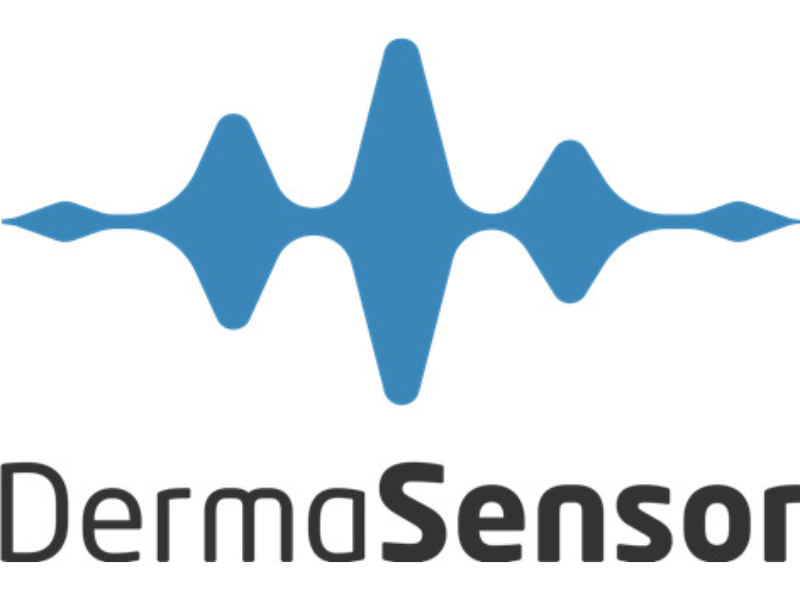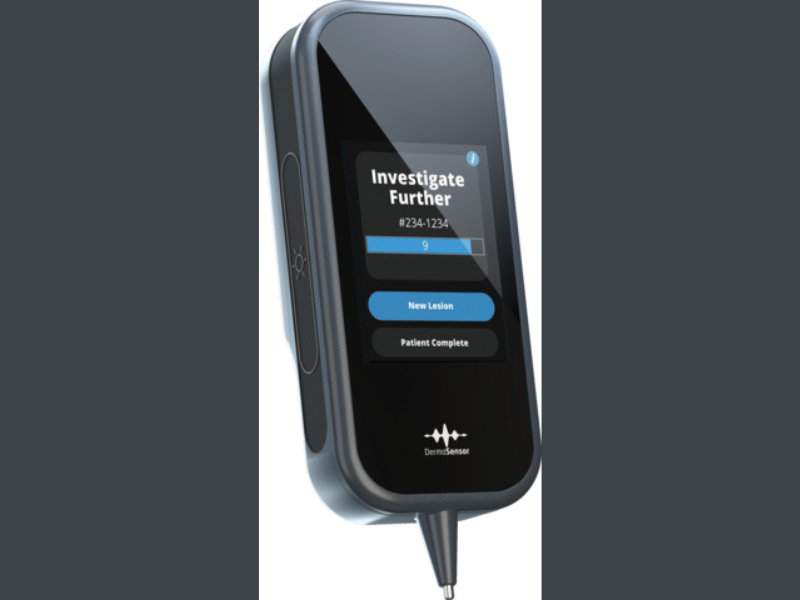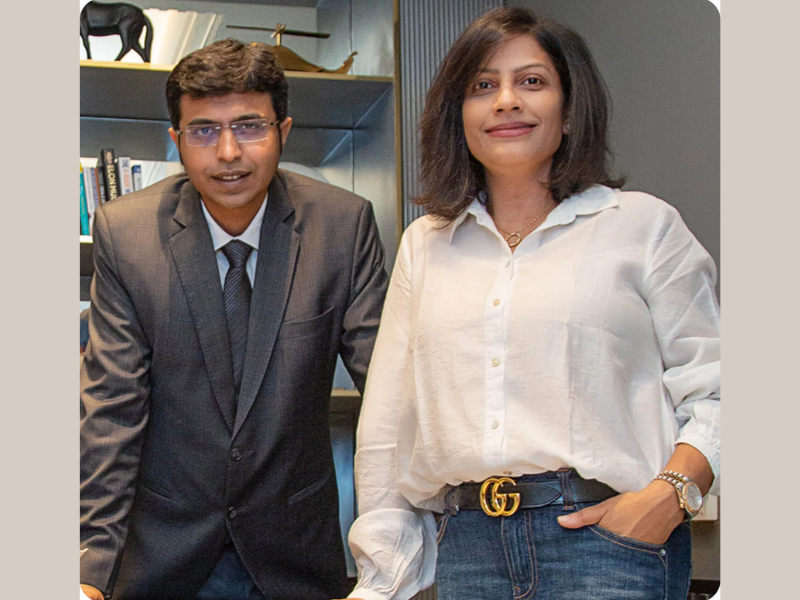A newly published study was designed to evaluate the safety and effectiveness of an Elastic Scattering Spectroscopy (ESS) device, the DermaSensor device, in assessing skin lesions suggestive of skin cancer. This study was conducted to provide clinical evidence for European regulatory authorities and initial effectiveness evidence for the FDA. The device has been under review by the FDA since early 2023; it is not currently available for sale in the United States.
The prospective, multi-center clinical validation study, conducted at four investigational sites in the United States, focused on patients with skin lesions suggestive of both melanoma and non-melanoma skin cancers. These lesions underwent clinical evaluation by expert dermatologists and by the DermaSensor device, a handheld AI-powered spectroscopy device that is non-invasive and wireless. Key statistical metrics, such as sensitivity, specificity, negative predictive value (NPV), positive predictive value (PPV), and Area Under the Curve (AUC), were used to assess performance.
The study demonstrated an overall sensitivity of 97.0% (n=169) for the study’s test dataset. When examining specific skin cancer types, subgroup sensitivity rates were 96.7% for melanoma (n=30), 97.0% for basal cell carcinoma (n=72), and 97.0% for squamous cell carcinoma (n=67). Importantly, the device’s sensitivity and overall accuracy (i.e., AUC) were each within 1% of the sensitivity and accuracy of the expert study dermatologists’ in-person clinical assessments when enrolling the lesions. The device exhibited a specificity of 22% for benign lesions biopsied by the dermatologists, and the device’s overall NPV was 90% and PPV was 58%. A PPV of 58% equates to a number needed to biopsy (NNB) of 1.7 for detecting one skin cancer.

Dr. Armand Cognetta, Program Director and Professor at the FSU College of Medicine and the senior author of the study, described, “This study shows that the DermaSensor device has high performance in detecting malignancies and should help PCPs by improving their decision-making regarding appropriate referrals of skin cancer.”
The study’s findings reinforce results from other recent studies, which found that the device improves PCPs’ detection of skin cancer, and the device performance was observed to be similar across patient skin types. With the high sensitivity in detecting all skin cancers in this study, DermaSensor may play a crucial role in assisting primary care clinicians in evaluating suspicious skin lesions. This innovation holds the promise of improving skin cancer care by facilitating expedited and improved detection and intervention.
“This study was a key early comparative effectiveness study showing that our device can bring dermatologist-level triage to primary care. We have completed eight clinical studies for review by regulatory bodies in the U.S. and Europe, and we hope to soon be the first-ever device on the U.S. market that provides PCPs with an immediate, objective result for skin cancer,” stated Cody Simmons, co-founder and CEO of DermaSensor Inc. “While dermatoscopes are in widespread use by dermatologists and have been in dermatology clinical guidelines since 1989, only 8% of PCPs currently use one given the significant training time required. We hope to soon have available our first-in-class device for America’s 300,000 PCPs, and that its simple point-and-click method of use will result in widespread adoption.”
The results of this new publication bring hope for a brighter future in the global fight against skin cancer, as technology and AI-driven solutions continue to advance healthcare and disease detection.
For similar news, please refer –
STEMCELL Technologies Announces Acquisition of Propagenix Inc.
Kerecis Launches Silicone Backed Fish-Skin Graft for Better Treatment Purposes





















